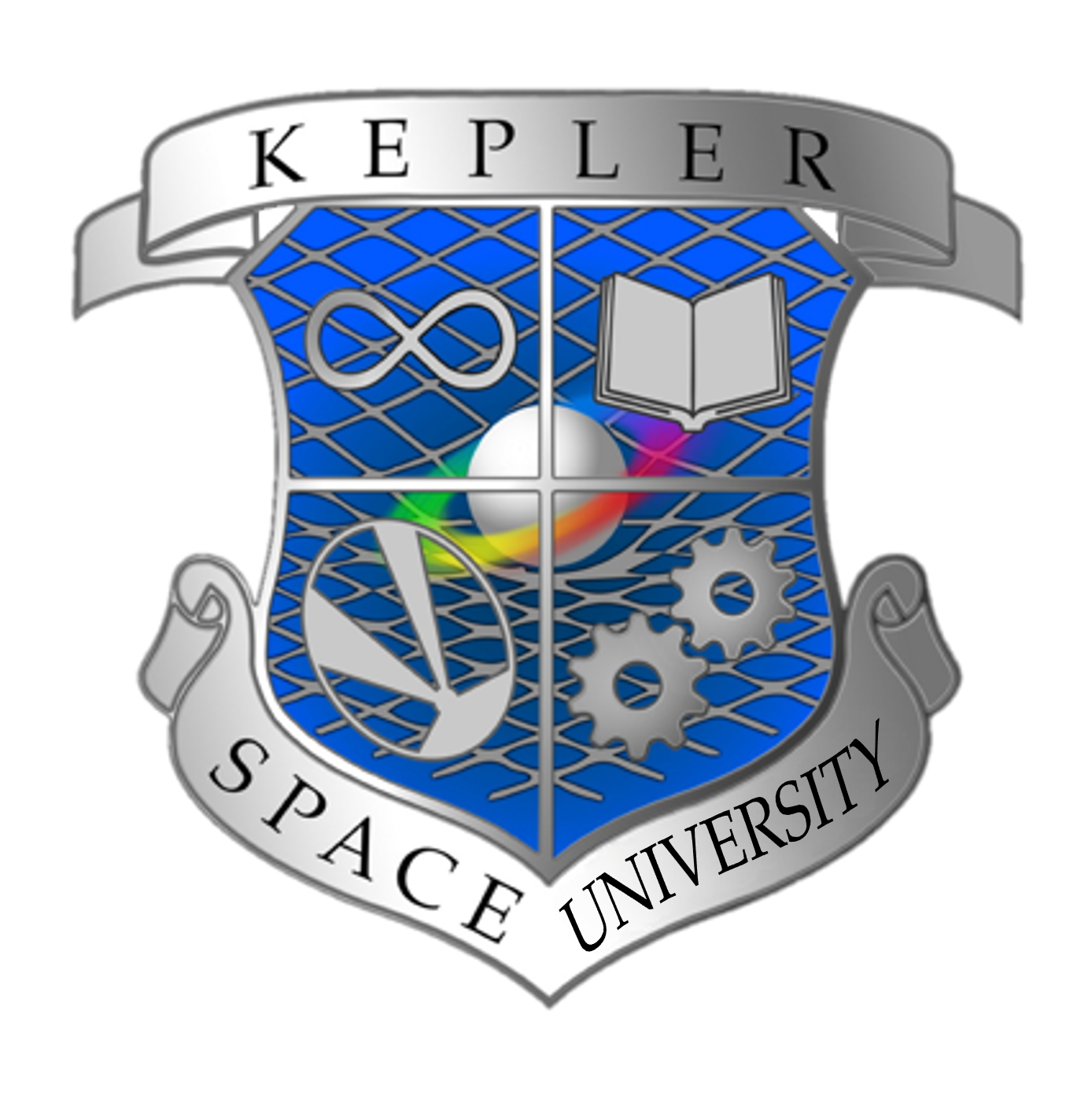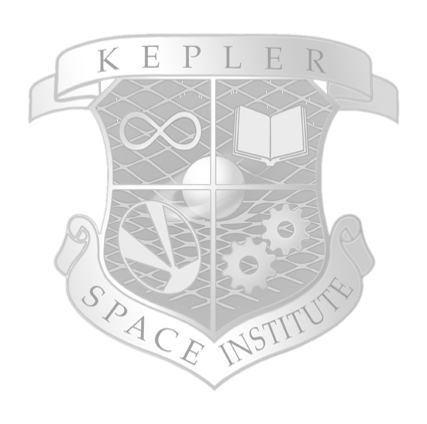Space Vehicle Propulsion
By Dr. Mustafa RahmanA change in the world’s space vehicle industry is evident. Traditionally, government funding has primarily been used to fund, plan, and coordinate this industry. The number of industrial space corporations has risen dramatically in recent years, with few developing propulsion devices and equipment as well as testing, producing, and launching their rocket.
FORMAT
Weekly live sessions
ONLINE ACCESS
Progress at your own pace
6 WEEKS
2 hours per week
UPCOMING
SESSIONS
ABOUT THIS COURSE

SPACE VEHICLE PROPULSION
A change in the world’s space vehicle industry is evident. Traditionally, government funding has primarily been used to fund, plan, and coordinate this industry. The number of industrial space corporations has risen dramatically in recent years, with few developing propulsion devices and equipment as well as testing, producing, and launching their rocket. In addition to the government’s initial plans, several private businesses have developed their space vehicles and propulsion machinery. The course is intended to provide attendees with different technological prospects of rocket propulsion for space.
Recommended prerequisites for students:
- Knowledge of basic engineering principles.
- Desire in exploring novel space topics.
- Content will be updated as needed.
WHAT YOU’LL LEARN
- Attendees will be empowered to make crucial relations between the basic principles of rocket propulsion, fundamentals of thermodynamics, and gas dynamics for space propulsion.
- Attendees will be able to analyze the performance parameters that are useful in characterizing rocket engines.
- Attendees will be introduced to the important components of the rocket propulsion system, including the nozzle.
- Attendees will be equipped with concepts and knowledge to perform research projects on novel theories in space propulsion.
SYLLABUS
This 6-week space course will be offered online once a week for two consecutive hours. The course is intended to provide attendees with different technological prospects of rocket propulsion for space.
MODULE ONE
Space Motion Introduction to the motion of bodies in space, universal law for gravitation, motion in a rotating frame of reference, pseudo-centrifugal force, orbits, orbit velocities, orbital period, geosynchronous and geostationary orbits
MODULE TWO
Principle of Space Vehicles Means of achieving orbit, rocket principle and rocket equation, performance parameters of a rocket, classification of rockets
MODULE THREE
Nozzles Convergent divergent nozzle, choking, variation of parameters in nozzle, expansion ratio of nozzles, under-expanded and over-expanded nozzles, flow separation, thrust developed by a rocket, thrust coefficient, vacuum and sea level specific impulse, efficiencies and thrust correction factor.
MODULE FOUR
Propellants Chemical propellants, solid propellants, liquid propellants, monopropellant propellants, and hybrid propellant rockets
MODULE FIVE
The Rocket Propulsion Analysis (RPA) package for 1D analysis of rocket engines.
INSTRUCTOR

DR. MUSTAFA RAHMAN
University of Waterloo, Kepler Space University
Mustafa Rahman, Ph.D. is a researcher in the Multiphysics Interaction Lab at the Mechanical Engineering Department, University of Waterloo, Canada. Previously, he completed his doctoral studies at the Fluid and Plasma Simulation Lab at King Abdullah University of Science and Technology. In his research, he focuses on multiphase flows, combustion, and computational fluid dynamics. Throughout his research, he has published around 20 journal articles and international conference proceedings.
WAYS TO ENROLL
Space Vehicle Propulsion
A change in the world’s space vehicle industry is evident. Traditionally, government funding has primarily been used to fund, plan, and coordinate this industry. The number of industrial space corporations has risen dramatically in recent years, with few developing propulsion devices and equipment as well as testing, producing, and launching their rocket.
PROFESSIONAL $900 USD
EDUCATOR $500 USD
STUDENT $300 USD
Frequently Asked Questions (FAQs)
Who can enroll?
Students from all walks of life are invited to enrol! All you need is access to email and a strong internet connection to participate in live sessions and watch KSU educational content.

